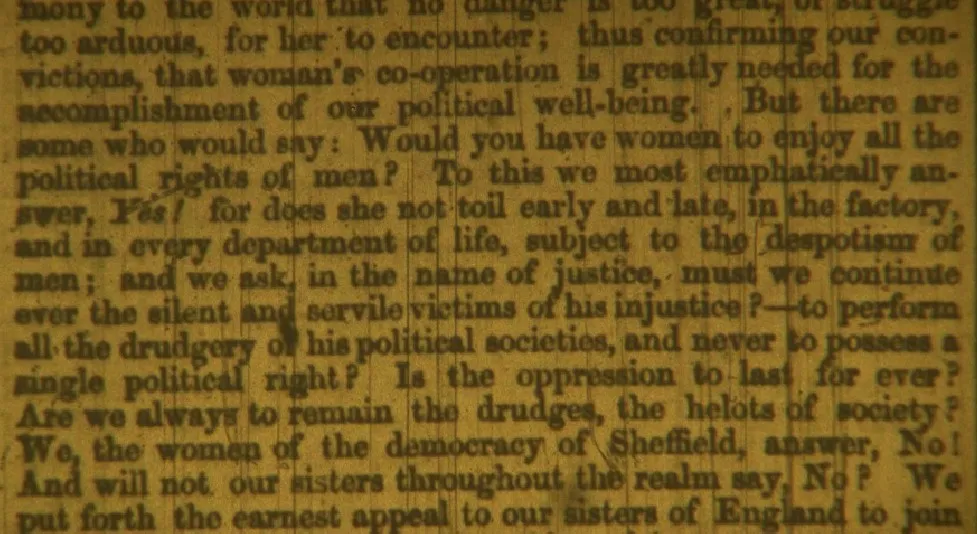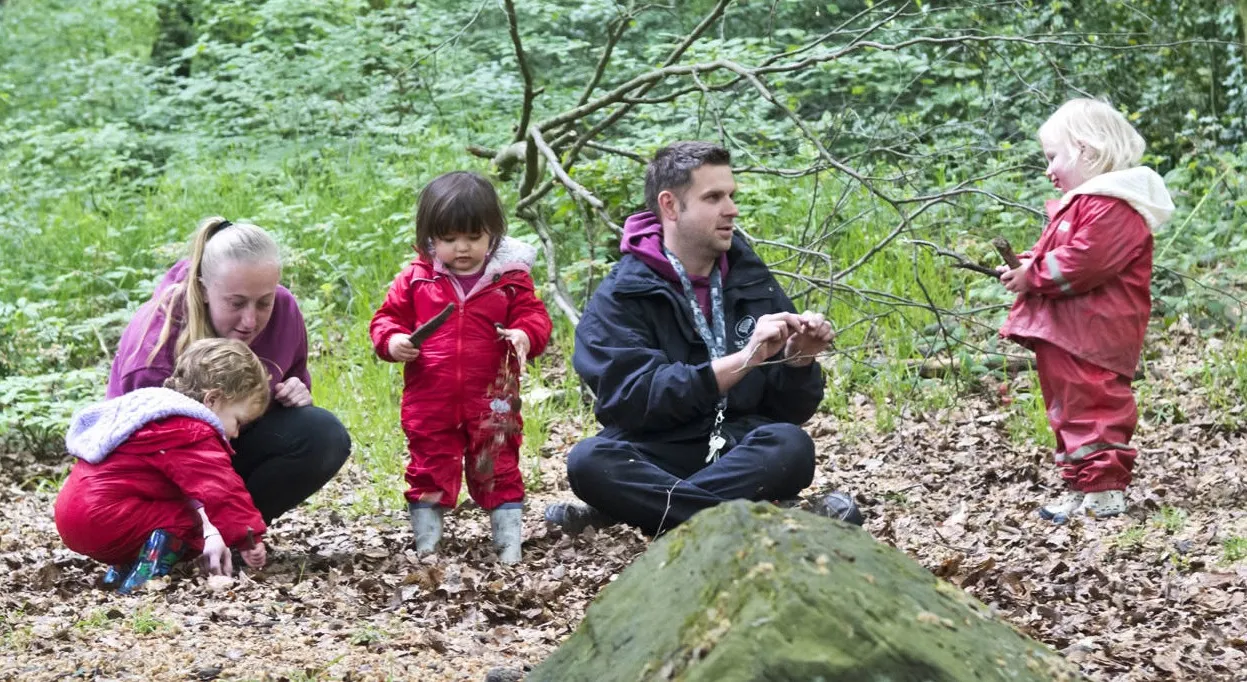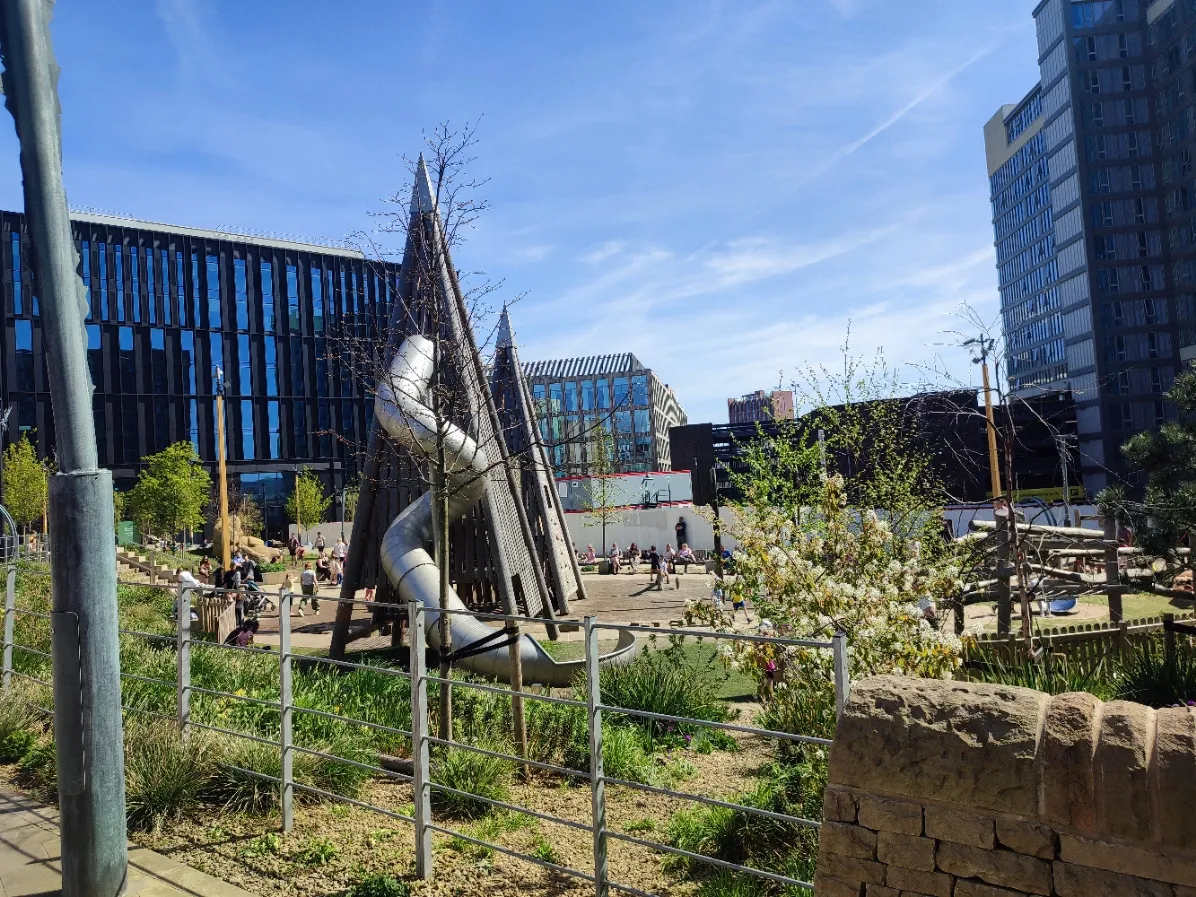When I tell local historian Ron Clayton that I’m writing about some of Sheffield’s lost pubs, he sighs and says I’ll need to be a bit more specific. “The lost pubs of the East End,” I clarify. “It won’t be a sad piece”, I add hastily at the sound of muttering, worried he might be put off by the thought of yet another misty-eyed article about social decline.
“But doom and gloom is my speciality!” he roars down the phone. I make a note that it would be difficult to write about lost pubs without a bit of melancholy. On paper, Ron, 69, is an ex-civil servant, but these days he calls himself a “grumpy man” and self-styled “Sheffield watcher”. He tells me he’ll have a think about some pubs he could talk about. We agree to meet at his local, the Loxley Sports Bar and Grill in Hillsborough, a world away from the dusty streets of the Lower Don Valley.

‘A sweet and smiling vale’
It’s impossible to walk around Sheffield without encountering an abandoned, boarded-up pub. The peeling paint, broken windows and shabby facades are an immediate giveaway. On the Lost Pubs Project website, I count 49 closed pubs in the city centre (some entries have a sunny note attached — ‘Now reopened!’).
The Lower Don Valley, also known as Sheffield’s East End, was home to several giant steelworks and dozens of other smaller factories (the East End generally refers to Wincobank, Burngreave, Darnall, Brightside, Grimesthorpe and Attercliffe). These areas were an ideal location for the factories: the land was flat and fed with a plentiful supply of water by the River Don, and there was a canal and a railway line that made transportation easy. The lion’s share were located in Brightside and Attercliffe.
Communities sprang up around the steelworks as houses were built to accommodate workers and their families — for instance, Brightside’s population rose to 75,000 by the end of the 19th century, compared to just over 10,000 in 1841. An 1898 article in Pearson’s Magazine entitled “The Terrible Trades of Sheffield” paints a picture of what the East End was like when the steelworks and mills were operating.
On the winding banks of the Don are the works and mills whose smoke and steam fill up, with ever-shifting but seldom lifting shadow, the valley, which must in other times have been a sweet and smiling vale.

The lives of steelworkers and the traditional pubs that used to serve them were closely intertwined. Pubs were important places — they weren’t just a place to catch up with friends, they offered a welcome respite from the searing heat of the factory. If men couldn’t get to a pub during a break, “at lunchtime they’d send one of t’lads out with [a] bucket to get pints of beer,” Ron tells me over a cup of coffee. Some steelworks even had pubs attached to them, such as the White Hart on Worksop Road in Attercliffe, which was associated with Brown Bayley Steels.
Workers drank beer to rehydrate (Stones Bitter was popular with steelworkers), and later salt tablets were given to them so they could replace what had been sweated out. One user on the Sheffield History forum recalls working a 2pm-10pm shift at Arthur Lee and Sons Trubrite Works at Wincobank. As soon as the men finished, they went straight to the Engineer’s Hotel on Ecclesfield Road.
As the steel industry began its slow decline, so did the pubs as the communities slowly disappeared or moved on. On the Lost Pubs Project website, I count 59 closed pubs for the S9 postcode alone, but I have a feeling that number will be higher.
‘It was a rite of passage’
Some of Ron’s first pints were in East End pubs, including the Britannia on Worksop Road. It’s a Grade II listed building, associated with 18th-century steel pioneer Benjamin Huntsman. Age checks were carried out by a policeman, Ron remembers, meaning underage drinkers had to keep their guard up: “You never knew when t’bobby was going to come in,” he tells me.
In all pubs there was a pecking order, and the landlord knew who to serve first — fresh-faced punters were served after their elders. For a time Ron’s Aunt Delina and Uncle Tom (or “Tots” as they knew him) used to run the Meadow Street Hotel. Ron’s father, a fishmonger who hated seeing children at pubs, would put him in the backroom where Delina could keep an eye on him while he went off to enjoy a few pints. Ron was handed a packet of crisps and a bottle of pop. When the time came for a young man’s first pint, if he couldn’t handle his beer, his peers would look down on him. “It was a rite of passage,” he says.

After the slum clearances in the 1970s, the Lower Don Valley never fully recovered. “They pulled the houses down and the [steel] industry went by and large,” says Ron. Pubs either closed or were developed into something else. Carbrook Hall, a former pub dating back to the 17th century on Attercliffe Common, is now a Starbucks. “It couldn’t function as a pub because the community has gone.”
The decline of pubs is closely linked to the collapse of the steel industry, but there have been other factors too. The smoking ban, sky-high beer prices and the rise of convenience store culture have all played a part. And there has also been a huge shift in the demographics of the city over the last 50 years, says Ron. Most of Sheffield’s 60,000 students increasingly shy away from traditional boozers in favour of trendy cocktail bars and coffee shops, while many of the city’s former industrial areas now have significant Muslim communities, who don’t drink.
The last pub standing
To see the East End for myself, I bid Ron a farewell and catch an Uber to Sheffield train station. From there I shoulder a backpack and walk towards Attercliffe. I see the sorry-looking Ye Old Harrow pub on Broad Street. Then climbing up Cricket Inn Road I come across the Durham Ox, with buddleia sprouting from its shell. As I leave town the streets get dustier and quieter as high-rise flats are replaced with back street garages. As I reach Attercliffe I see the pub I’ve been looking for: the last holdout against the tide of time that has engulfed this valley — The Carlton.

It's an unassuming pub, wedged in between a convenience store and a second-hand tool shop. I might have missed it if it wasn’t painted a bright shade of lime green. When I duck in at 4pm, three punters who are sat around a table stop talking and swivel their heads towards the door, regarding me with a faint bemusement — Attercliffe doesn’t get many tourists. After the loss of steel another industry took its place and the area is now more associated with seedy sex shops, massage parlours and swingers’ clubs.
I get talking to landlord Jim Callaghan, 49, who’s behind the bar. He used to be a mechanic, and would come into The Carlton for a pint after work. He then started working as the pub manager in 2008, before buying the place in 2010. The Carlton is old school, cash only, so I scrabble around in my purse for £1.50 to buy a Coke while I explain why I’m here. Soon Jim is showing me around, pointing to things on the wall with a quiet note of pride in his voice.
He's made it his mission to restore the pub to its former glory — it’s been running since 1862, and in 2010 was in a bad state. “I’ve always lived around here,” he explains. “I wanted to give it [the pub] back to the people.” How many pubs were there around here? A punter chips in. “In 1971, there were 144 pubs,” Jim answers. Now there is just one. “It’s the last pub in Attercliffe,” he says.
Each wall has a piece of Sheffield history, including the ticket posters for the Adelphi Cinema. He scours the internet for historical items, including an Attercliffe tram sign. I spot a map which is covered with pubs that no longer exist — Jim drew it himself, copied from A Pub on Every Corner: A Directory of Local Hotels, Inns and Taverns by W.A. Banks. “It's a bit of a special book,” he says. “The oracle of pubs.” He reaches down under the bar and fishes out a battered copy, which was donated by a regular.


I get the feeling that this will be the closest I will ever get to experiencing what the East End pubs would have felt like when the steel industry was in full swing. I meet Paul — a site manager who tells me he’s actually meant to be in work — and John, who works for an engineering company, and has just finished for the day. There’s Biker Pete, who gets a drink and starts playing on the slot machine, and Daye, who’s shooting balls across the pool table.
Apart from myself and Marie, 53, a regular of nine years, it’s a testosterone-fuelled space — I sense that the men have dialled down the banter, but still crack a few jokes at Jim’s expense, who takes it all in his stride. He disappears, and comes back with two coins; no, not coins! They are in fact metal beer tokens that the steelworkers used to pay for their pints with.
I get chatting to Marie, who grew up on the Manor estate and works as a tram conductor. She’s come in with her husband of 23 years, Mick, 56. Her grandfather worked at Brown Bayley Steels, and would often go to the Attercliffe Liberal Club. It was a family occasion. “Every Saturday we used to walk down together,” she remembers. In Attercliffe, she remembers going to the Greyhound and the Dog & Partridge. “But they’ve all gone now,” she adds. “There are no community pubs left anymore.”


When they lived on Manor, her grandfather would drink on Cricket Inn Road and she would go along to the “off-sale”, a hatch on the side of the building where kids could get sweets and beer to take home. “I’d come down for two pints of beer in a pop bottle for me nanan,” she tells me. “Then I’d trot back up the hill — she’d have her beer in t’house as she made the dinner.” According to Marie, if a woman was seen in a pub on a Sunday, she was called a “pudding burner”.
The Carlton has a personal connection for her. Her parents, who are both dead, used to come here. “I call this my happy place now,” she says, because it reminds her of them. There is something undeniably bittersweet about drinking in one of the last pubs in Sheffield’s East End. This said, while lost pubs sounds like a melancholy subject to plumb, my tour around the city’s old drinking dens has resulted in more great conversations and fun than anything else. “Friends are just strangers you haven’t met yet,” Marie says — I assume she means the reverse of this, that strangers are just friends we haven’t met yet. That’s certainly been my experience today. Confirming Marie’s wisdom, Jim slips me a drink on the house. “Make sure you come back,” he says.
If this is the first story you’ve read on The Tribune, welcome! We’re a new quality news outlet covering Sheffield, founded in 2021 and run by a team of independent journalists. To get our stories in your inbox every week, join our free mailing list below.

Comments
How to comment:
If you are already a member,
click here to sign in
and leave a comment.
If you aren't a member,
sign up here
to be able to leave a comment.
To add your photo, click here to create a profile on Gravatar.







